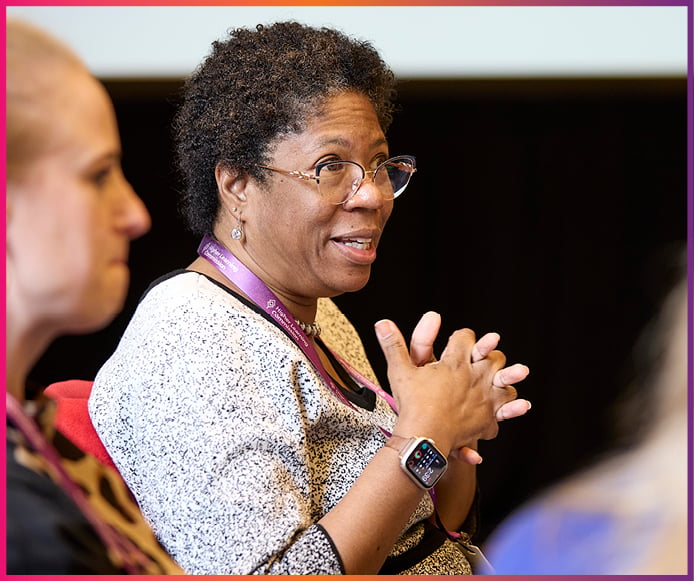
March 21–24 | Chicago
Call for Proposals
Open July 16–September 10, 2025
Guidelines
Please create and submit your proposal in the submission portal. After you create an account and log in, you’ll see a task lisk that will guide you through the information to provide to complete your proposal. You may save and continue your draft as needed. Keep in mind:

Presentation Tracks
Institutional Experiences With Accreditation
Teaching, Learning and Student Success
Building a Sustainable Future
Please note: These presentation topics are intended as examples to guide you in selecting a track. This is not a comprehensive list of presentation topics within each track, nor an indication of which proposals HLC will select.
To highlight work from across the higher ed landscape, some proposals may be combined into joint panel sessions by HLC staff. Proposal submitters will receive more information on presentation formats once decisions are made in November.
Before You Apply
- Read the Proposal Submission Guide for important information and tips on creating your proposal.
- Understand the rubric for proposal review.
- View sample submissions from previous proposals.
Submit a Proposal
Proposal submissions are due September 10, 2025 at 11:59 p.m. CT.
Frequently Asked Questions

Related Resources



